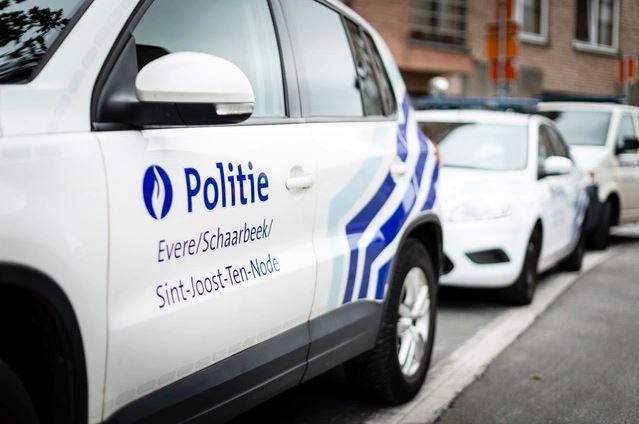Brussels police have made their first citations as part of a new undercover operation targeting acts of sexual harassment on the streets of the Belgian capital.
Such acts - which include scolding, ridicule, obscene gestures, assault or attempted assault, groping and stalking in a public or semi-public space - have been punishable by up to one month in prison or a fine of €50 to €1,000 since 2014, but with its new project, the city hopes to further “increase the safety and quality of life in Brussels for girls and women.”
After an initial operation on 17 March which did not result in any reports being drawn up, the police organised a second operation this past Sunday and drew up two reports for sexual harassment on the public highway.
The police team observed two humiliating behaviours towards a plainclothes policewoman who - with the support of two other police officers, also not in uniform - was patrolling in the Brussels North Police Zone (which includes Schaarbeek, Evere, and Saint-Josse-ten-Noode) where reports of such incidents are high.
Related News
The first suspect was a 26-year-old who police say “insisted on asking the policewoman for her telephone number while following her without her consent.”
The second suspect was a 41-years-old man who shouted obscene words at the woman and stuck out his tongue while imitating a sexual act.
Several offenders who made remarks which were not punishable were also stopped by the police inspectors and made aware of the 2014 law on sexual harassment or “street harassment,” which is still not well known. All too often, victims do not file a complaint, which can create a feeling of impunity for the perpetrators.
“Street harassment is a phenomenon that we no longer want to tolerate,” said Frédéric Dauphin, chief of police for the Brussels North local police. “Every person - and especially women - must be able to move in peace and safety in public spaces. That is why we have set up and will continue to set up this type of operation in various neighbourhoods of our police zone.”
Information about the most problematic areas is currently being collected, and an awareness-raising brochure for victims, witnesses, and potential offenders is also being prepared.
Helen Lyons
The Brussels Times

